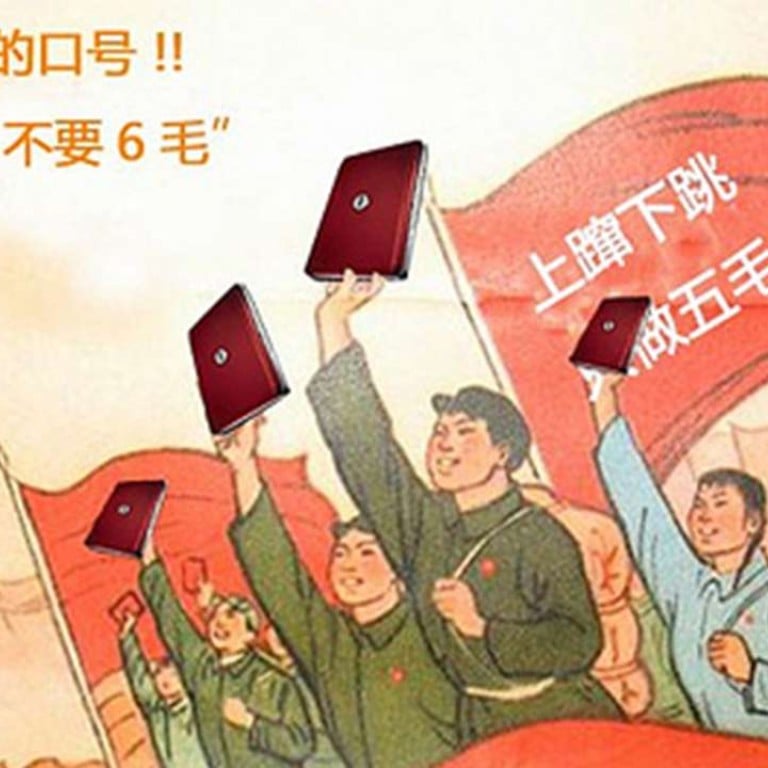
Revealed: the digital army making hundreds of millions of social media posts singing praises of the Communist Party
US researchers carry out first deep analysis of China’s government-backed internet warriors known as the ‘50-cent gang’
It’s an open secret that China employs a veritable army of internet commentators to sing the government’s praises and attack its critics, but researchers at Harvard University in the United States say they not only have evidence this is the case, but also what Beijing’s motive is.
The team headed by Dr Gary King, one of America’s most distinguished political scientists, carried out what they describe as “the first large-scale empirical analysis” of online comments by the notorious “50-cent gang” (wumao dang) – so called in the popular but mistaken belief that this is the amount they are paid for each online post made in defence of the government.
The team examined a trove of more than 2,000 leaked emails from a district government internet propaganda office in Ganzhou, Jiangxi province, dating from February 2013 to November 2014, to begin “reverse engineering online censorship in China”.
Most messages were communications between authorities and the 50-centers on their assignments and work reports.
Over a year, the researchers identified nearly 43,800 online messages posted accordingly, finding virtually all of them – more than 99 per cent – were generated by employees at more than 200 government agencies.
King’s team estimated the government posted about 488 million social media comments a year to deflect public criticism.
Professor Qiao Mu, of Beijing Foreign Studies University, said the study shed light on the distraction strategy adopted by Chinese internet censors, but it offered only “a partial description of China’s internet ecology” as there were still “volunteer 50-centers” involved in online debates and shaping public opinion.
“These people – who are not getting paid or ordered to post online – do not want to see drastic changes in society and they are voluntarily defending the authorities,” Qiao said.
And their influence in shaping public views could be even larger than the government employees, who were simply “getting their job done without worrying about the impact”, he added.
Analysis of the messages revealed the commentators typically avoided arguing with sceptics of the party and government, and shunned discussions on controversial issues.
Instead, the posts are devoted primarily to distraction through cheerleading for the state or symbols of the regime, or espousing the revolutionary history of the Communist Party.
The researchers also found no evidence the commentators received extra payment for the posts because they were government workers and it was part of their job.
Typically the largest volume of online messages are posted around key political events such as Martyrs’ Day or themes like the government’s promotion of President Xi Jinping’s “Chinese dream”, or following major incidents such as riots or explosions in the troubled Xinjiang (新疆 ) autonomous region.

